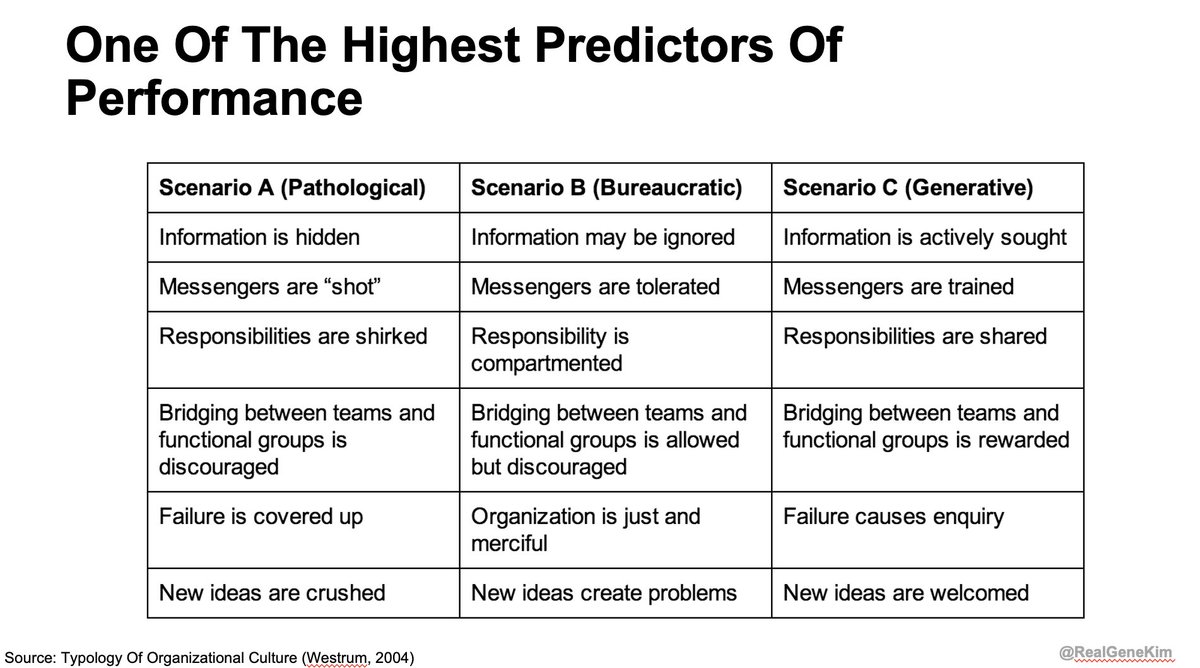
WSJ bestselling author: Unicorn Project! DevOps researcher/enthusiast. Coauthor: Phoenix Project, Accelerate. Host of The Idealcast. Tripwire founder. Clojure.
3 subscribers
How to get URL link on X (Twitter) App


https://twitter.com/troyhunt/status/1814174010202345761?ref_src=twsrc%5Egoogle%7Ctwcamp%5Eserp%7Ctwgr%5Etweet12-hour timelapse of American Airlines, Delta, and United flights:
https://x.com/us_stormwatch/status/1814268813879206397?s=61&t=JL9ikpkh2HXt-O32JzLrng

https://twitter.com/johncutlefish/status/1046169469268111361


https://twitter.com/spfeiffr/status/1403398884504870917
 We speculate this aspect of Eroom's Law is what causes:
We speculate this aspect of Eroom's Law is what causes:
https://twitter.com/ITRevBooks/status/1402958478847643649@StevenJSpear The things I learned from Trent Green, visiting the mass vaccination site here in Portland, or this interview were…

 Thanks to Dr. @nicolefv, I was able to interview him for an upcoming episode of the Idealcast! 🤯
Thanks to Dr. @nicolefv, I was able to interview him for an upcoming episode of the Idealcast! 🤯https://twitter.com/ericnormand/status/1076227712061186048@ScrivenerApp Almost all my notes start as Trello cards first: I use Zapier to put all starred tweets in there, I send myself emails that get turned into cards.